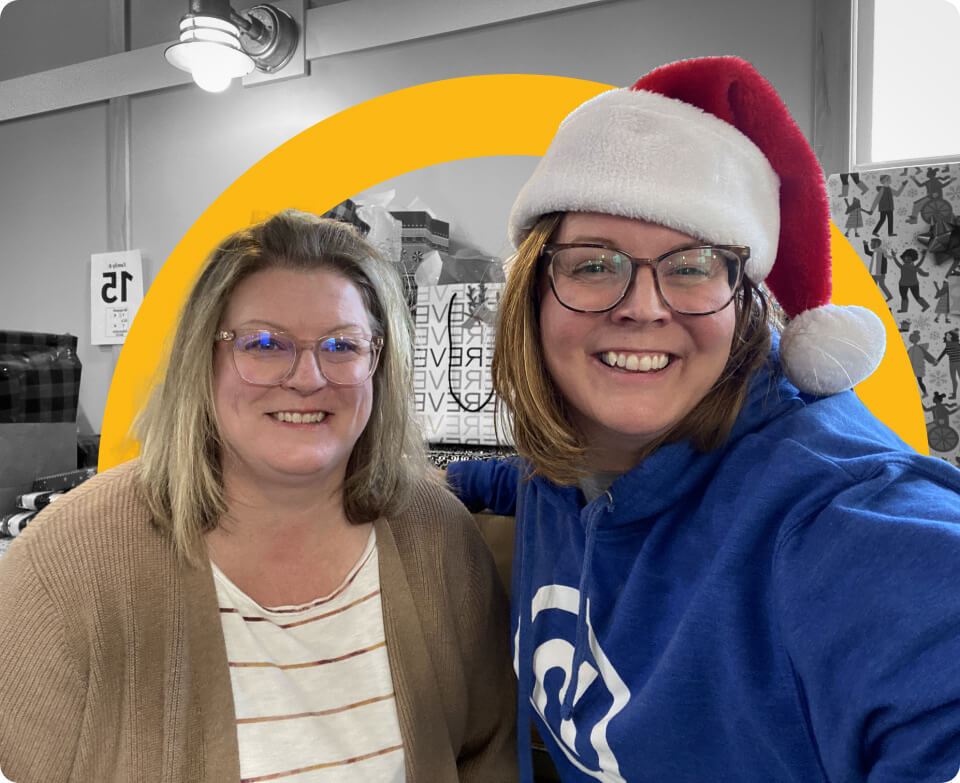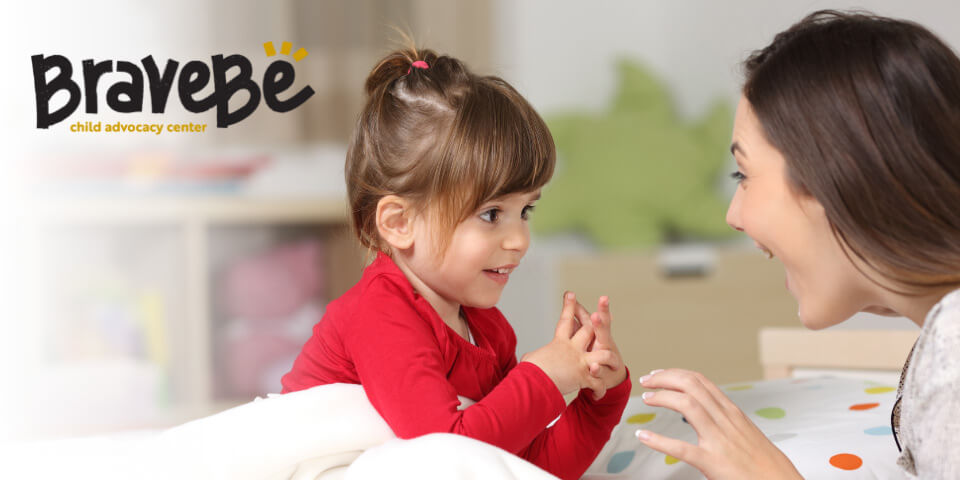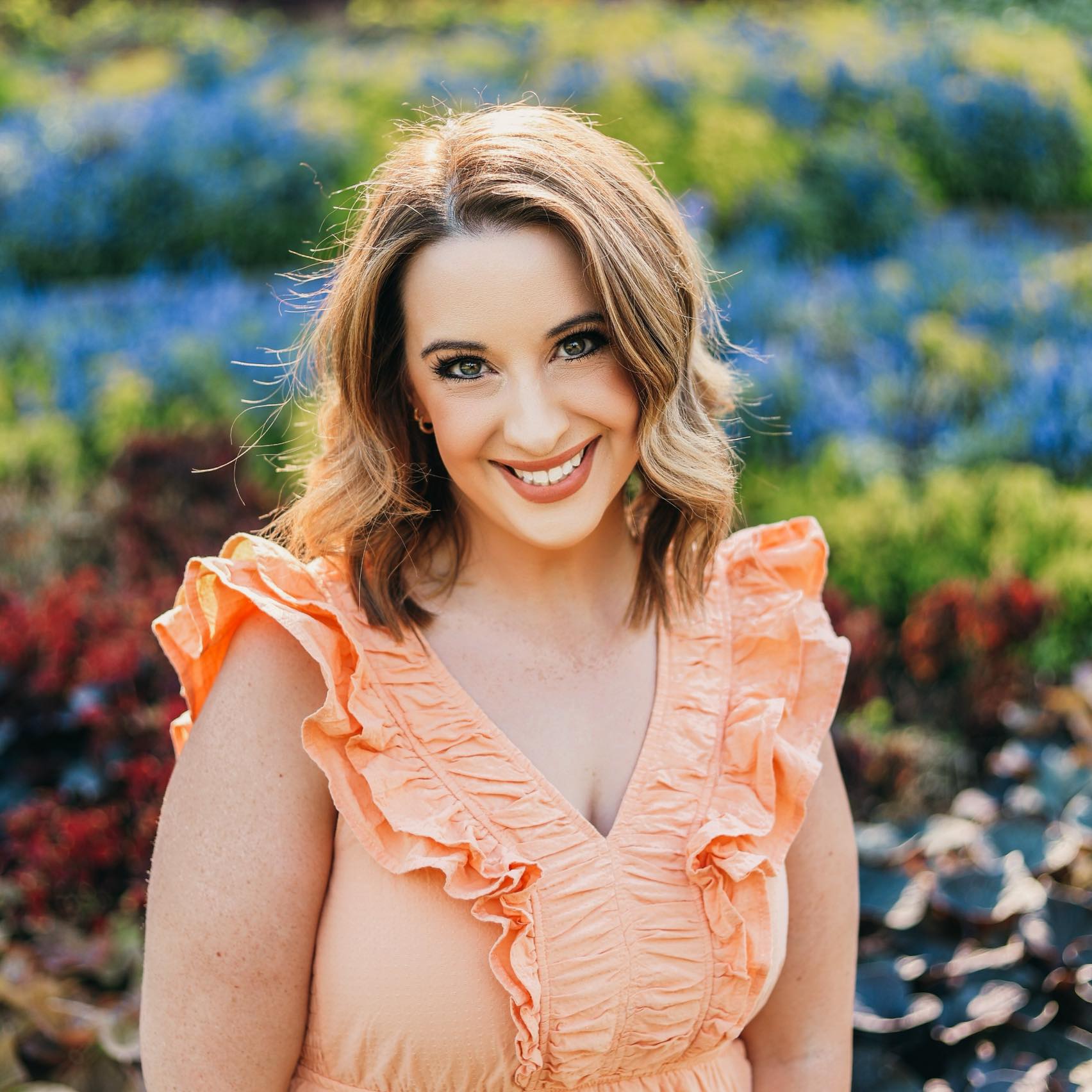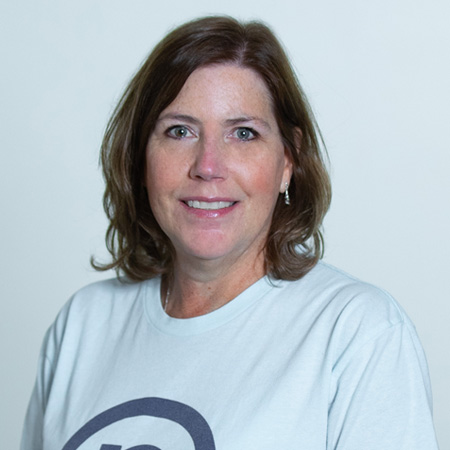As a trusted, local nonprofit organization, BraveBe Child Advocacy Center’s core mission is to reduce trauma, seek justice, and foster hope and healing for children and families in Lincoln and southeast Nebraska who have experienced abuse.
What does BraveBe do?
BraveBe was founded to fix an uncoordinated model that had siloed agencies responding to child abuse investigations with a process that required children to tell their story many times. The organization instead adopted a child advocacy center model that was founded by prosecuting attorney Robert E. “Bud” Cramer, Jr. This model created a forensic interview that allowed a child to tell their story just once and provided a safe, welcoming environment with all resources on site to support children and families.
Kaeleigh is a survivor who was served by BraveBe in 2015.
BraveBe’s highly trained staff collaborates with the Lincoln Police Department Special Victims Unit, other law enforcement, health and human services, medical and mental health providers, and prosecutors across the 17 counties it serves in southeast Nebraska. This team of professionals works together to help collect the child’s testimony and provide medical care and mental health support for children and the parents or caregivers who bring them. At BraveBe, trained advocates accompany children through next steps such as the criminal investigation and prosecution of perpetrators.
How has BraveBe evolved?
Founded in 1996 with the help of community donors and volunteers, BraveBe’s original Child Advocacy Center (CAC) opened in 1998 in a remodeled park home that became known as the Little Yellow House. Prior to BraveBe, children were often interviewed by multiple people at school, at home, or at the police station.
BraveBe became the community’s first child-friendly facility for forensic interviews, medical exams, and support for families, serving just over 30 children in the first year. As the model proved effective, an additional 16 counties in the organization’s service area used the CAC in the first decade, with 1,000-plus children served each year starting in 2011. In 2023, BraveBe served over 4,000 children.
BraveBe’s Garland Street location opened in January 2011 to help serve an increasing caseload and house a growing staff, says BraveBe Executive Director Paige Piper.
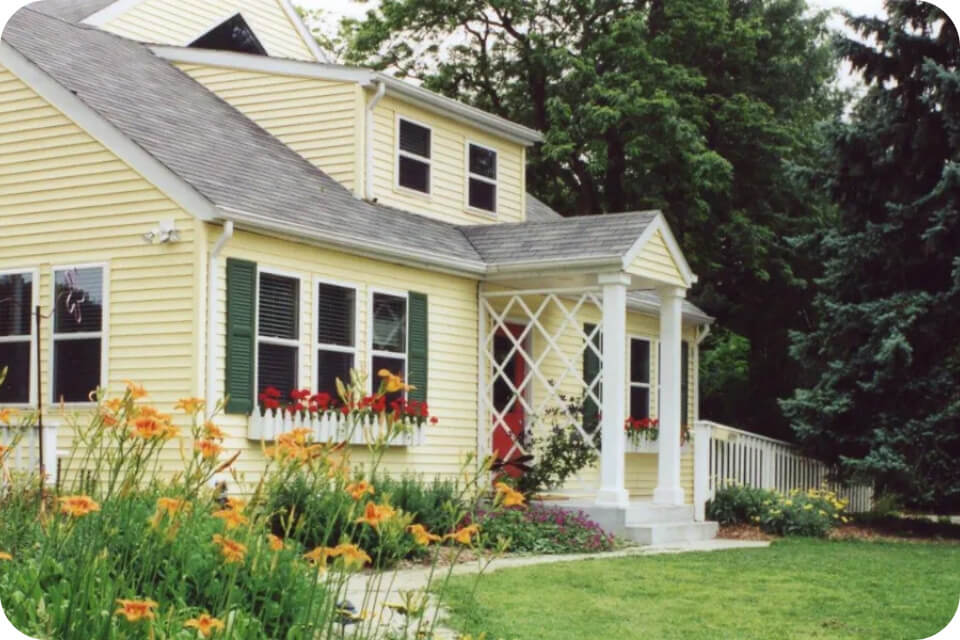
BraveBe opening in Lincoln was the start of a movement. We asked an entire system to change. In 2012, there was legislation passed to mandate that all child abuse cases in Nebraska that meet specific criteria are served by a child advocacy center. Our county attorneys and partner agencies fought for that bill because better collaboration leads to better outcomes for victims.
Piper notes that as BraveBe has expanded with newer and larger facilities, its offices have continued to pay homage to the organization’s humble beginnings in the Little Yellow House. The design consideration to retain a homey, comfortable, farmhouse feel is significant.
As Piper points out, “When children and families come to us, something bad has already happened. We want to create a homey, warm, welcoming space that makes it as comfortable and safe as possible for them to come forward and speak their truth.”
In 2014, BraveBe opened satellite offices in York and Nebraska City to help assist families within their own communities. The Nebraska City satellite office later relocated to Auburn. As Piper says, “Coming forward is a huge challenge. Bringing services closer to these children and families helps reduce some barriers.”
BraveBe increases collaboration through expansion.
Piper notes, “At BraveBe, we believe that no single agency has all the right tools, information, or skills to work child abuse investigations alone. When we pool our resources and combine our knowledge, we believe we can offer holistic care.”
Piper goes on to add, “Co-location has proven effective at other child advocacy centers across the nation. Because of this, we know that the combined knowledge, increased case collaboration, and strong relationships that are built when sharing an environment will ultimately lead to better outcomes for victims.”
BraveBe’s 2020 capital campaign, Room to Heal, facilitated a $5.2 million expansion that was completed in spring of 2023. The expansion relocated the Lincoln Police Department’s Special Victims Unit to a shared space inside BraveBe, allowing a team of 17 dedicated investigators to work side-by-side with its skilled team of interviewers, advocates, medical staff, and other specialists.
Piper emphasizes that children who come forward and the adults who accompany them feel a greater sense of safety, knowing there are policer officers sharing space at BraveBe. The collaboration and communication is better, often improving the experience of the survivor.
Additionally, the expansion project focused on enhancing on-site medical and mental health resources. Piper notes, “Instead of referring children out for ongoing therapy, all of that is now possible in our facility. We are able to provide expanded medical care, and working with the University of Nebraska-Lincoln’s Project SAFE program, as well as private therapists, we’ve been able to increase access to mental health resources.”
Piper adds that, for children who need to be placed into foster care, services can now be accessed directly with Foster Care Closet at the expanded facility.
BraveBe turns to focusing on the end goal: Prevention.
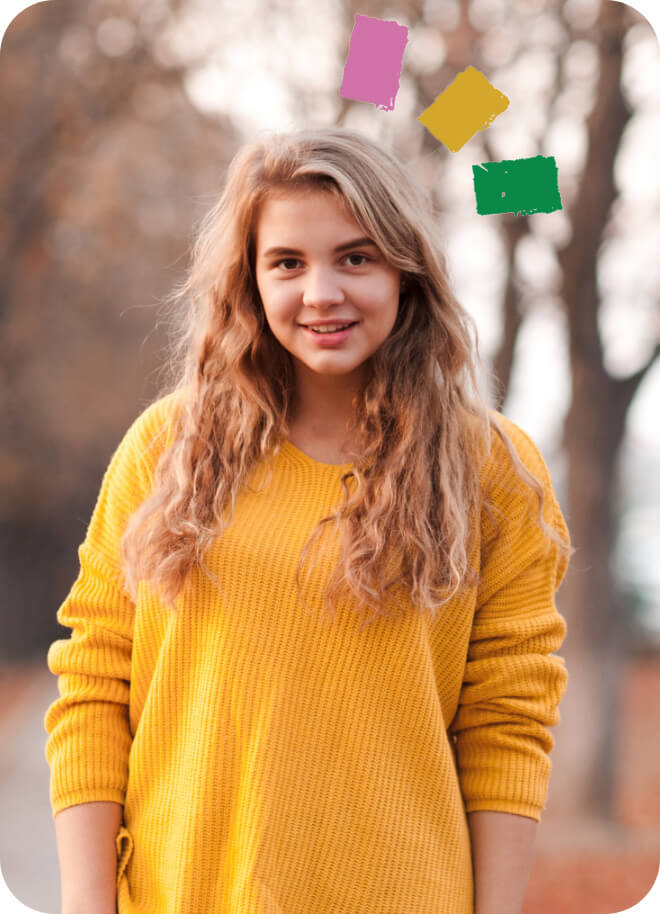
Piper shares the story of a 15-year-old girl, Willow, who was sexually abused by a family friend and who received a forensic interview, medical care, advocacy and therapy services through BraveBe in 2006. Willow’s perpetrator was convicted, and, at the time, Piper says, the agency felt their services had done everything they could for Willow. Nearly a decade later, in 2015, 3-year-old Bre came to BraveBe after experiencing sexual abuse by her mother’s boyfriend. The mother was Willow.
Piper notes that, despite their growth and the strides they had made, there were critical things BraveBe had missed when serving Willow in 2006. She says they focused on the immediate trauma Willow faced, only later learning that she had also endured emotional abuse, physical neglect, parental substance abuse, and the incarceration of her father. Says Piper, “Without addressing all of the trauma she had faced, we had not helped her heal from all she had experienced.”
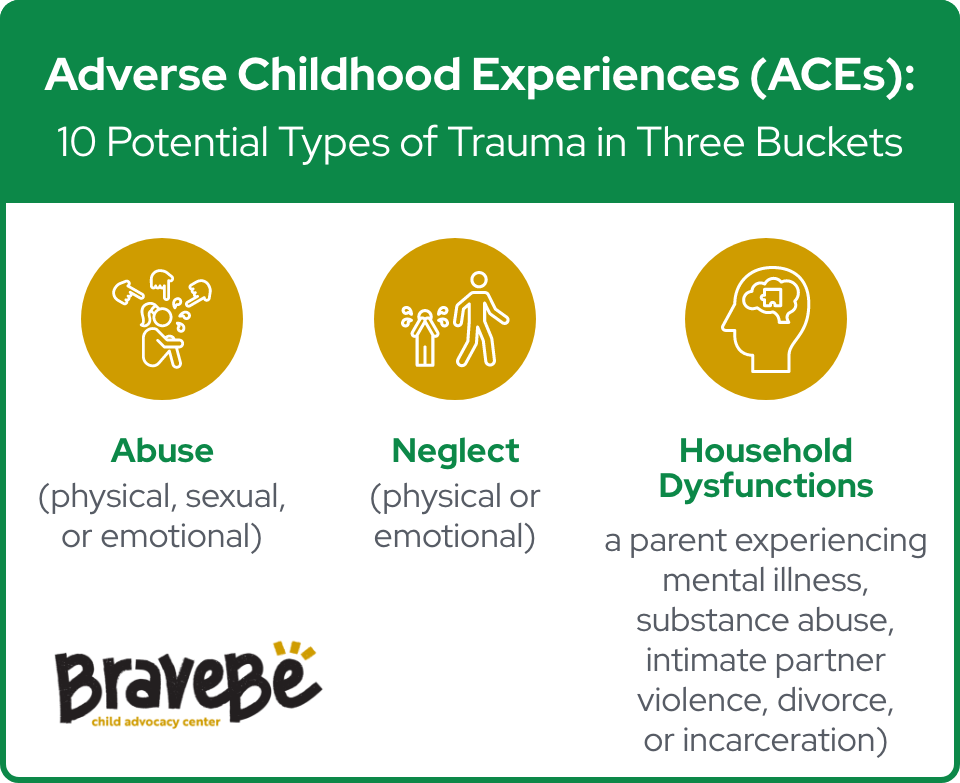
Piper notes that expanded research on adverse childhood experiences (ACEs) now adds factors that cause toxic stress such as poverty and systemic racism to the 10 potential types of trauma initially included in the definition.
ACEs can profoundly impact childhood development and are linked to lifelong health issues such as chronic disease, mental health struggles, and a reduced life expectancy. For scoring, each ACE counts as one, with a higher number of ACEs resulting in increased likelihood of adverse outcomes.
Piper notes that those with an ACE score of 4 are three times more likely to develop lung disease, four times more likely to experience depression, 11 times more likely use IV drugs, and 14 times more likely to attempt suicide. Meaningful interventions exist. Piper says, “We started looking at ‘How can we start to get ahead of this?’”
In November 2024, BraveBe officially launched Brave fACEs, a prevention program designed to educate the community about ACEs and advocate for evidence-based prevention strategies to break generational cycles of trauma. Piper says its mission is to promote healing, build resilience, and prevent future harm by raising ACEs awareness and equipping the community with trauma-informed knowledge.
The Brave fACEs advisory board includes hospital and medical staff, mental health and victim services agencies, early childhood educators and school systems, health and human services, the Lincoln Lancaster County Health Department, and other nonprofits, says Piper.
This call-to-action campaign focuses on building community partnerships to increase education, build a community response system, and screen for ACEs to improve early detection efforts. Brave fACEs is a designated Community Health Endowment project that also received support from CHI Health St. Elizabeth, a regional medical center.
Our focus on primary prevention is about equipping the community to become trauma-informed and fostering long-term resilience. We’re planting trees for shade we may never sit under. Achieving our goal can look like better academic performance, fewer emergency room visits, reduced substance use and incarceration rates, fewer suicides, and a healthier community. Childhood adversity shapes lives across decades, but prevention can transform futures.
When asked what BraveBe would be hoping to achieve next if money and people resources were no object, Piper says, “We envision having prevention specialists in every school and providing educational resources to every new parent at the hospital when their baby is born. We would educate communities about recognizing sexual abuse, fostering healthy attachment, identifying signs of trauma, and establishing healthy boundaries. Additionally, we would actively work at the legislative and policy levels to promote prevention and raise awareness.”
Tell us about your experience at BraveBe.
Piper notes, “I was privileged to serve as Development Director from 2016 to 2018 and returned as Executive Director in June 2020! Soon after, we launched the capital campaign, which was both challenging and exhilarating. Being part of this incredible organization and its mission is truly my dream job, and I’m so excited to contribute to the meaningful work we do here.”
When asked what drew her to BraveBe, Piper says, “There are several reasons. First and foremost, this is the kind of place I needed when I was a child. Something happened to me, and I didn’t know that BraveBe existed. In fact, I didn’t share what happened to me with anyone until I was in my thirties.”
It has become my personal mission to advocate for children and ensure they have a safe space where they can speak up, find protection, and begin to heal. Watching these children come forward and share their stories is incredibly humbling—there’s nothing braver or more challenging than what they’re doing. They inspire me every single day.
BraveBe’s children inspire others.
For nonprofits, support often comes from the shared stories of people who have been served by the organization. One challenge BraveBe faces is that those served by the organization are, understandably, often unwilling to share their experiences with others. Still, there are powerful stories that illustrate how BraveBe works with children and families on the organization’s website, such as the story of Amanda, who brought her daughter Ashley to BraveBe.
Another mom shared the story of her daughter, Penny, so that others could see what the experience of coming to BraveBe is like. This story helps reduce the fear of coming forward for other children and families, showing them how BraveBe might help them. These stories also help us see why supporting BraveBe’s mission is so critical to helping support southeast Nebraska’s most vulnerable and resilient residents, as Piper calls them.
Kaeleigh is a survivor who was served by BraveBe in 2015. Piper says Kaeleigh is sharing her story now to help inspire other children to come forward and say something.
Learn more and support BraveBe.
There are numerous ways to get involved in supporting BraveBe. Late in the year, area businesses partner with BraveBe for its holiday gift giving program. For 2024, BraveBe’s family advocates identified 134 families who were adopted to receive gifts, supporting over 537 children. Nelnet associates and leaders volunteer at this and other BraveBe events.
Healing and strengthening the minds and bodies of our youth to shape a brighter future is a key area of focus for the Nelnet Foundation. One of the ways we do this is through giving of our resources and our time to BraveBe. That’s why the Nelnet Foundation was proud to support BraveBe’s capital campaign and expansion. We hope you’ll consider learning more—and give to this powerful organization.
